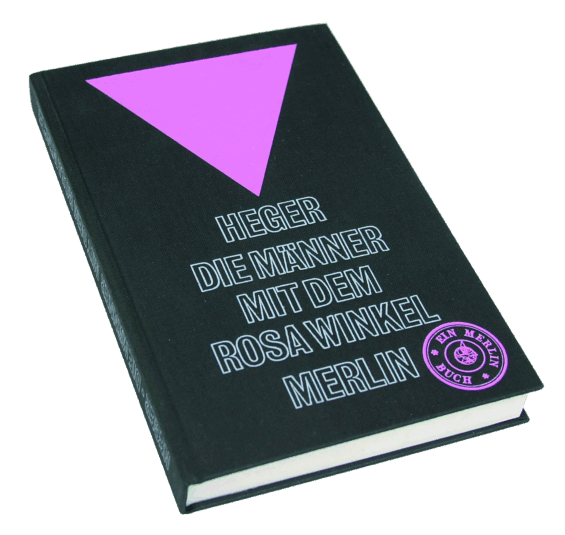Josef Kohout
born January 25, 1915
![]()
Josef Kohout, ca. 1950 (Gay Museum, Berlin)
Without Reparation
Josef Kohout was born in Vienna. By age sixteen, he was already aware of his homosexuality. His love for the son of an NSDAP party functionary led to his arrest in late 1938. Kohout served a seven-month prison sentence.
After a second arrest, Josef Kohout was sent to the Sachsenhausen concentration camp in mid-January 1940. Four months later, he was transferred to Flossenbürg. He worked as a Kapo in forced labor in the loading commando at the train station. His position as a Kapo was unusual for a homosexual inmate. He survived, as he himself explained, because of his good relations with other “green” Kapos. During the death march in April 1945, Kohout succeeded in escaping near Cham.
Male homosexuality remained a crime after 1945. For decades, Josef Kohout fought for recognition as a victim of National Socialism. The years of his concentration camp incarceration were not counted toward his pension until 1992. Using the pseudonym Heinz Heger, his experiences were published under the title “The Men with the Pink Triangle” in the 1970s. The unique testimony was accorded great respect within the gay movement.
Josef Kohout lived with his partner in Vienna until his death on March 15, 1994. He never received reparations for his persecution.

Heinz Heger, “The Men with the Pink Triangle,” 1972 (Flossenbürg Concentration Camp Memorial)
The book became a symbol in the struggle to gain recognition for the persecution of homosexuals under the National Socialist regime. The true identity of the first-person narrator remained unknown until Kohout’s death.
